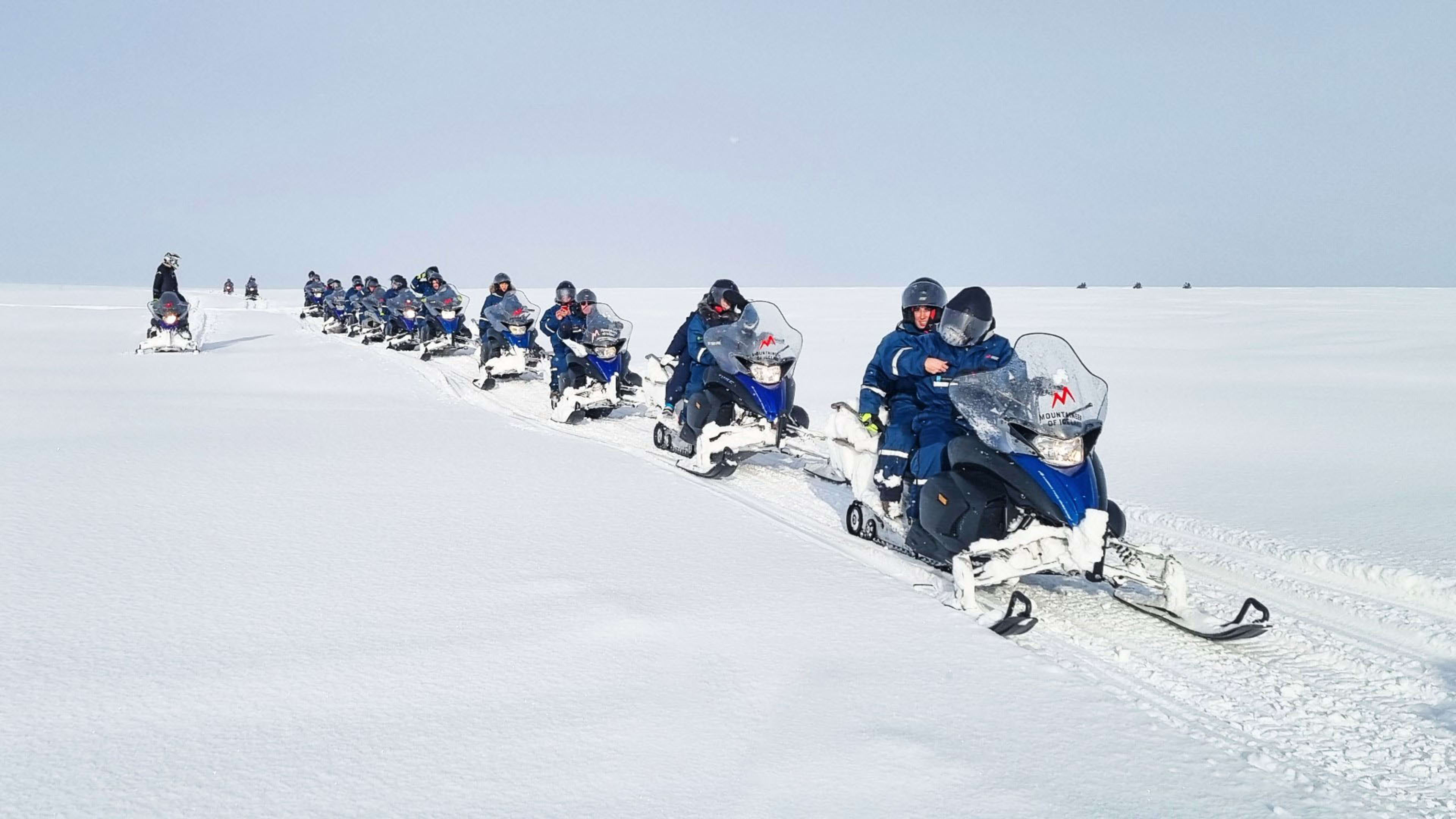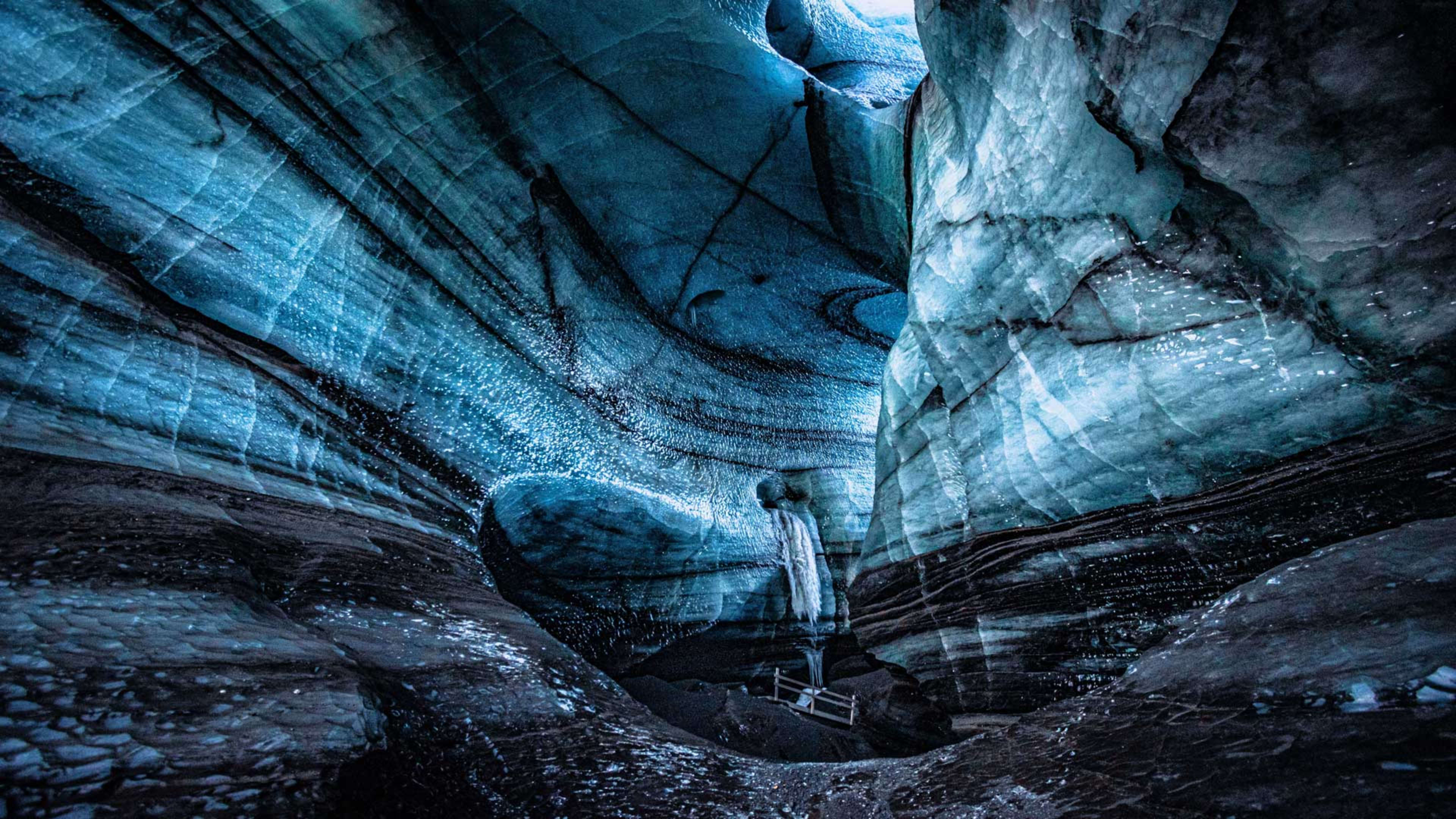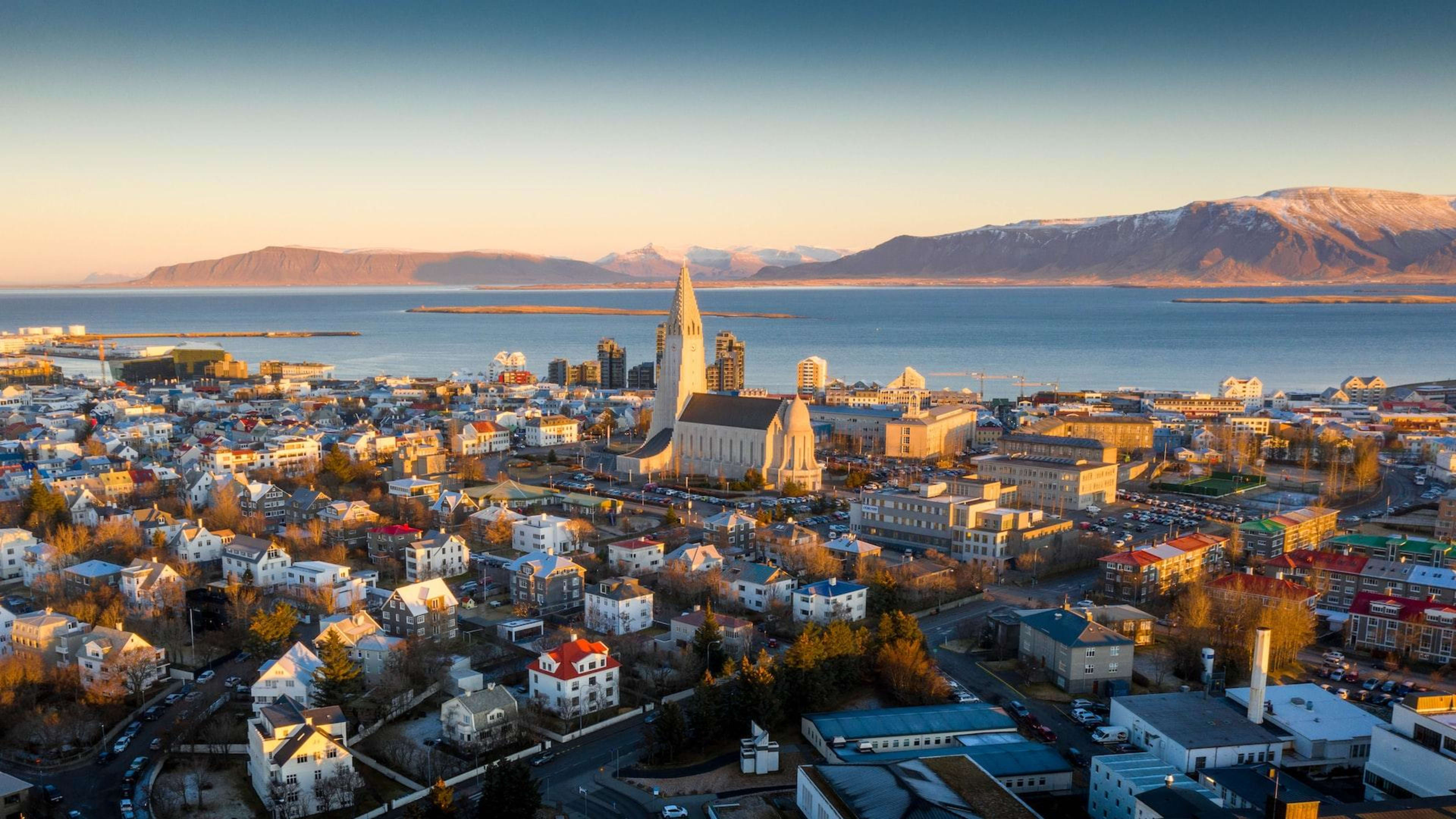Iceland is a Land of Fire and Ice, known for its stunning landscapes and vibrant culture. But you might not know that it also has some quirky traditions.
While Icelanders are modern, tech-savvy, and well-informed, some of our habits are very traditional.
In fact, several things are considered normal in Iceland that might look strange to an outsider. So, to prepare you for your Iceland trip, we’ve collected a list of Iceland traditions and habits that showcase the colorful character of our country.
- Soak up Icelandic culture and tradition on a multi-day tour.
1. The 3-day food fest
Around late February to early March each year, Icelanders celebrate Bolludagur (Bun Day), Sprengidagur (Shrove Tuesday), and Öskudagur (Ash Wednesday). Instead of Ash Wednesday being the start of Lent, it marks the end of a 3-day feast. This is when locals eat their weight in both sweet and savory goodies.

Shrove Tuesday (a more literal translation would be ‘Eat-Till-You-Burst Day’) brings heaped platefuls of salted meat and peas to counteract all the sugar from the day before.
The third and final day is Ash Wednesday, a kind of Icelandic Halloween. Children dress up in costumes and go into shops to sing for candy.
It’s also tradition to make small pouches and sneakily hang them on people’s backs without them noticing. But we see less and less of this every year.
- Sample delicious local food on a self-drive tour of Iceland.
- Related: Food halls & street food in Reykjavík.
2. Sheep round-up
September and October are exciting months for farmers and sheep enthusiasts because that’s when the sheep round-ups take place.
Icelandic sheep roam free during the summer. But, since they’re sheep and not migrant birds, they don’t know when the time has come to move to warmer places (i.e. the barn). So someone has to get them, and that’s where the round-ups come in.
Farmers, with the help of friends and family, gather all the sheep in the area into special corrals.
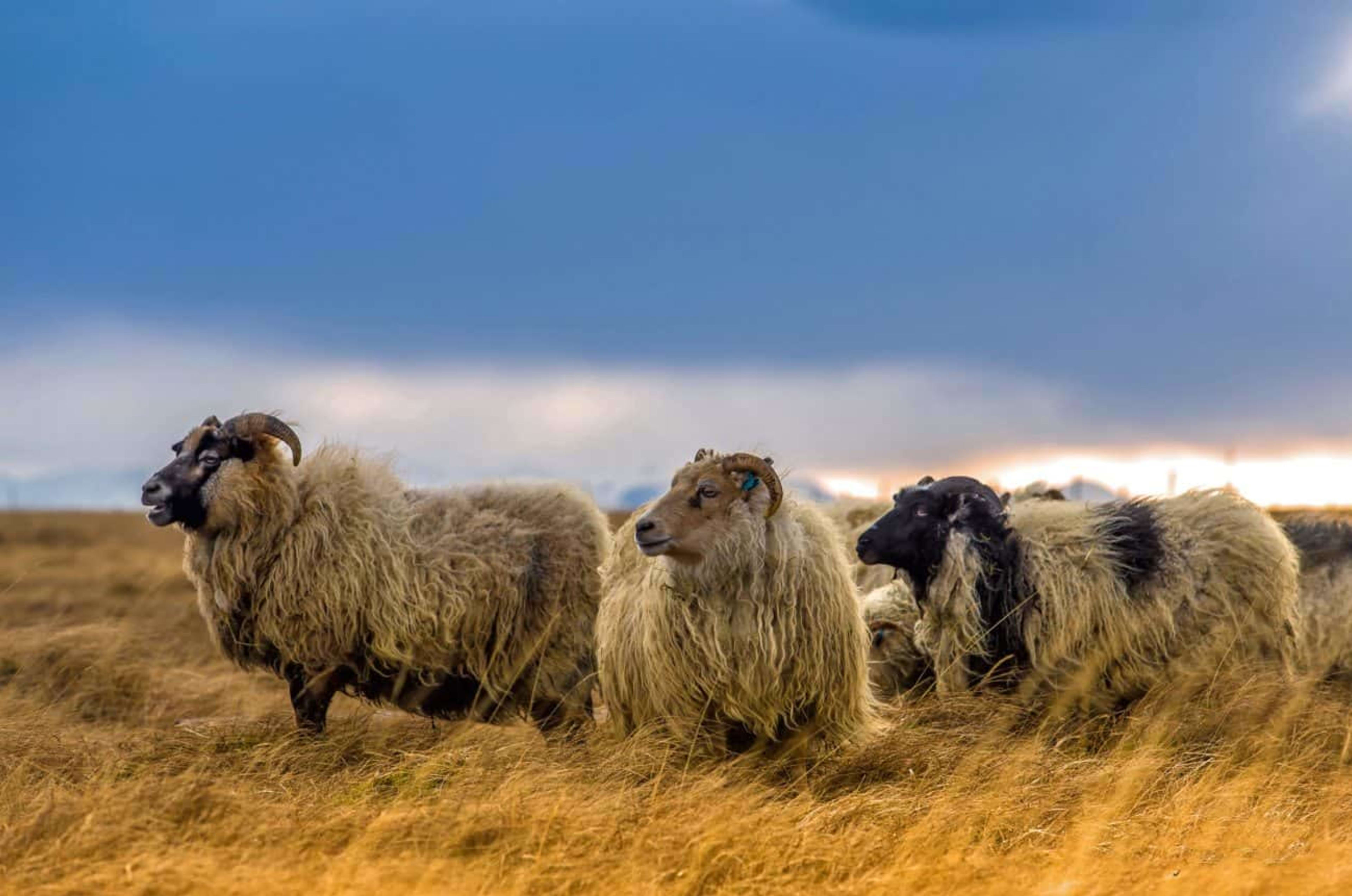
Luckily, sheep are creatures of habit, and every farmer will know their flock’s favorite area to hang out. So, they’re usually pretty quick to find most of them. Once all the sheep are safely in the corrals, the sorting begins as each farmer seeks out their herd.
It’s a lively event, with people cheering each other on and usually passing around a flask of some liquid courage. In the evening, a ball is held where people celebrate a good day’s work with a drink and a dance.
- Experience frosty magic on a winter tour of Iceland.
- Related: Best farms to visit in Iceland.
3. The naming system
Icelandic people don’t have family names in the traditional sense. The Icelandic language is at the heart of naming traditions here.
Children usually take their father’s first name as their last name, adding a '-son' or a '-dóttir' depending on gender. So, if Freyr Jónsson and Anna Þorsteinsdóttir are a couple and have a baby named Björn, he will most likely be named Björn Freysson.
Unlike many places around the world, women here don’t take their husband’s last names and vice versa. Icelanders tend to get a name and stick with it!
- Snag a last-minute Iceland adventure.
- Related: Icelandic names – All you need to know.
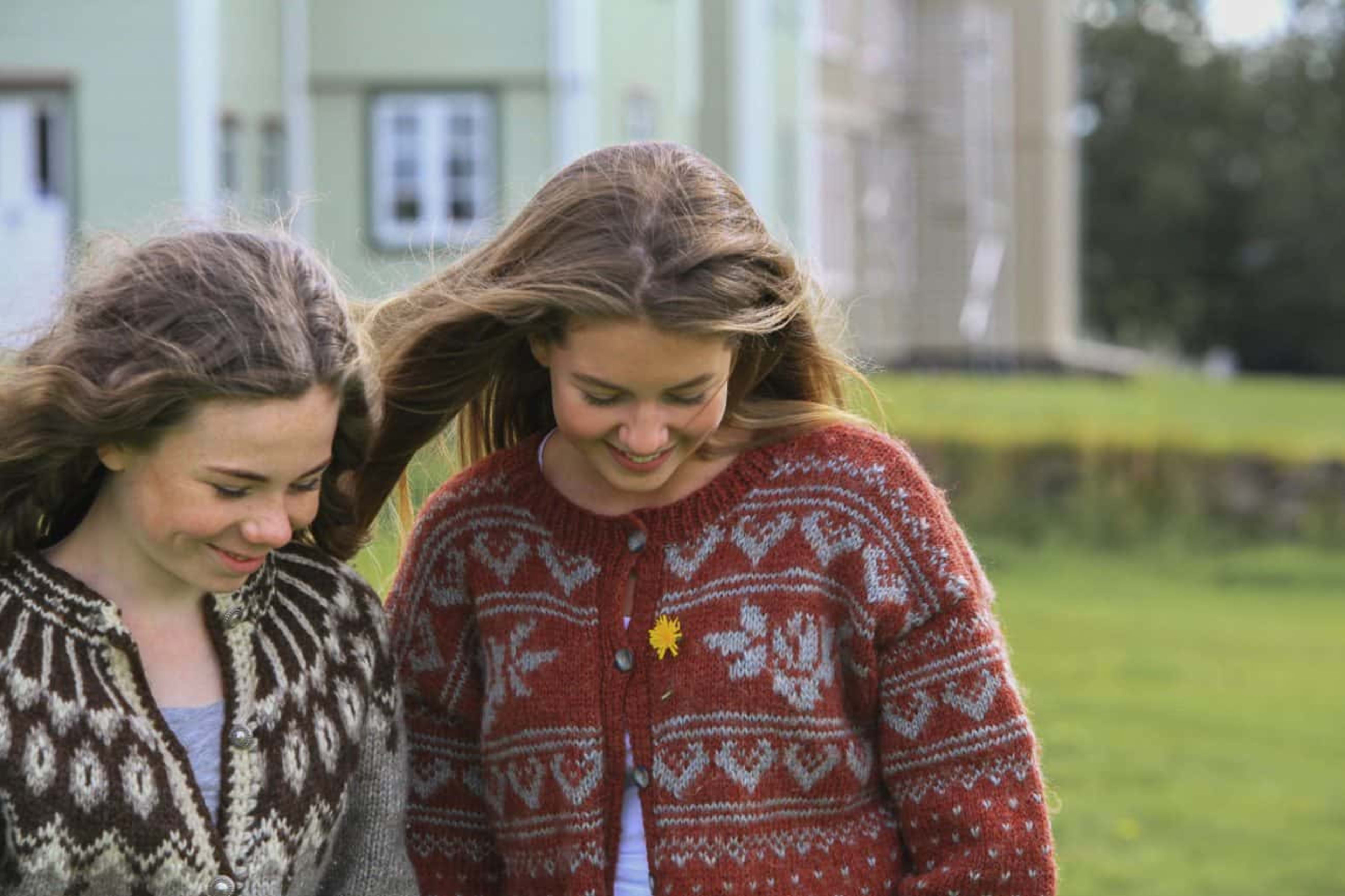
4. Icelandic namesakes
Icelandic names can get pretty interesting, especially when it comes to namesakes. Let’s walk through it with an example so you can see how it works.
Imagine you know a couple named Einar Gunnarsson and Sigrún Felixdóttir. They have 2 kids: a son named Gunnar and a daughter named Ingibjörg.
As you know, the kids’ last names are based on their parents’ first names. So, the son is Gunnar Einarsson (son of Einar), and the daughter is Ingibjörg Einarsdóttir (daughter of Einar).
Now, let’s say Gunnar grows up and names his son Einar after his dad. This boy’s name would be Einar Gunnarsson, exactly like his grandfather. Because of this, he’s called an alnafni, which means ‘complete namesake.’
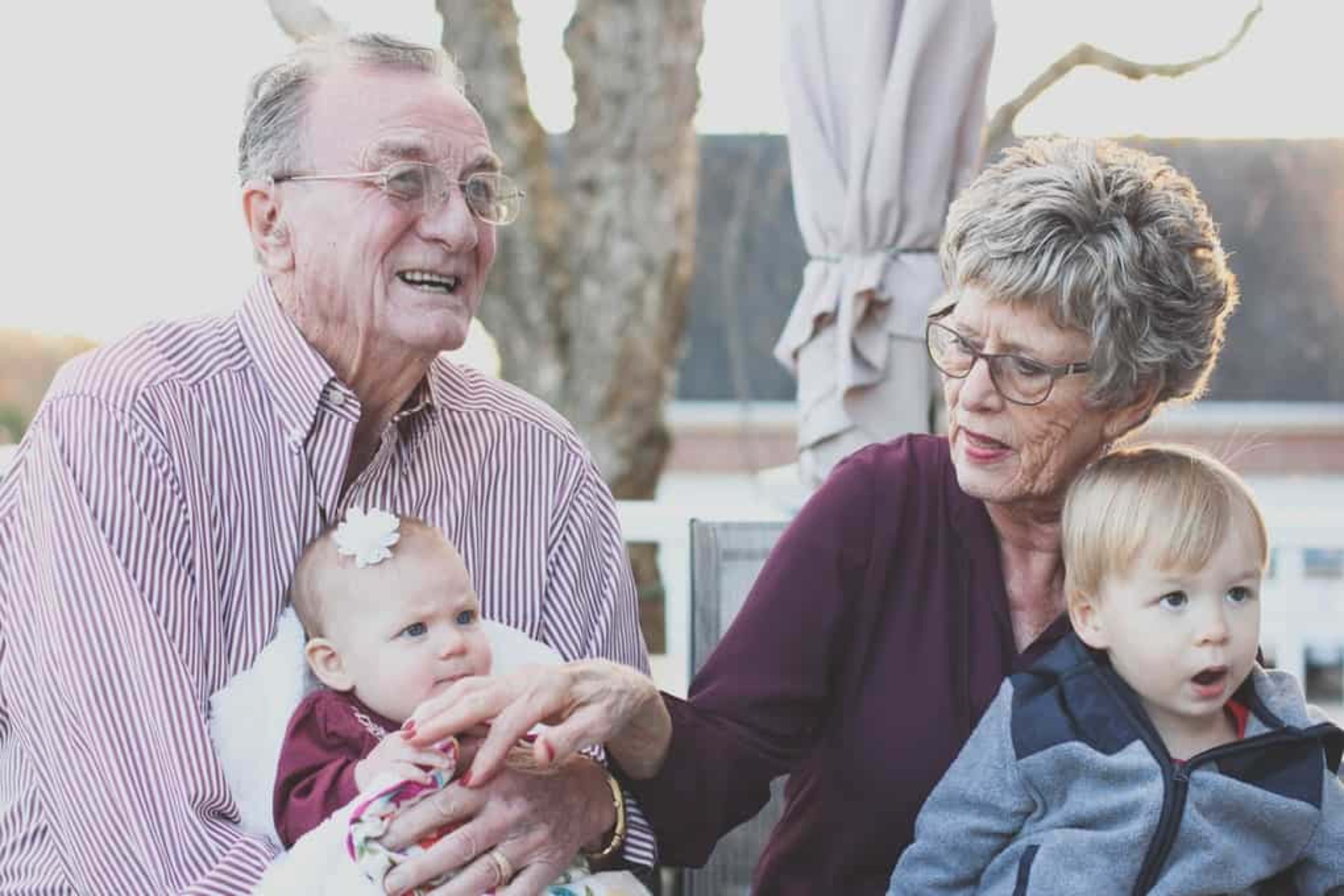
On the other hand, if Ingibjörg names her son Einar, his name would be Einar Ingibjargarson. He’s still a nafni or ‘namesake’ because he shares the first name. But he’s not an alnafni since his full name doesn’t match exactly.
It’s normal to use these terms when you meet someone with the same name. If you run into a name twin, you might say sæl nafna or ‘hello namesake’ as a friendly greeting. And by the way, nafni is for men and nafna is for women.
- Learn more about the people & culture of Iceland in this guide.
5. Icelanders have 6 months to name their children
Yet another seemingly strange naming tradition has to do with time. Icelanders are in no rush to name their children. You don’t usually announce the name until the christening or the naming ceremony (for those less religious), which can be months after the baby’s birth.
Some say that this is why many Icelanders have nicknames that have nothing to do with their actual names. Instead, it was just something that stuck during the period that we waited for their ‘real’ name.
Legally, Icelandic parents have up to 6 months to register their baby’s name. But, if we wait longer than that, we'll get fined about ISK 1,500 (USD 11) a day.
- Get insider insight on a privately guided tour of Iceland.
6. Superstitions about weather
Weather, unsurprisingly, plays a big part in the lives of Icelanders. It can be a fickle beast with noticeable mood swings. Even so, Icelandic people try their best to understand her and not to set her off.

Through these attempts, many Icelandic customs have been born. For example, you never step on a black beetle because it will bring rain. By the same token, you never leave your rake facing teeth up as it will also bring rain.
Dreams also play a big part in our superstition. If white sheep appear in your dreams, it will likely snow the next day.
- Explore underneath glaciers on an ice cave tour in Iceland.
- Related: Tips for Iceland in winter – Weather & packing guide.
7. Þorrablót – The festival of ram testicles, shark and hard liquor
Iceland has a lot of traditions, especially when it comes to food. One of the most interesting is Þorrablót (Thorrablót), where Icelanders toast to the old Norse gods with a midwinter feast in January and February.
This is when families, or even whole counties, get together and eat traditionally prepared Icelandic food like boiled sheep’s head, pickled ram’s testicles, and fermented shark.
Luckily, preservation methods in Iceland have improved, and we no longer need to pickle or ferment our food to make it last. Still, Þorrablót is a lovely way to see friends and family and pay tribute to the old ways and our ancestors.
Experience it: If you're visiting during the month of Thorri or Þorri, you can enjoy these feasts at local restaurants or cultural events.
- Learn more about Icelandic holidays & events in this guide.

8. Superstitions about homes
You might not know that many superstitions have become so common in Iceland that they’ve passed into tradition. For example, when moving into a new house, you need to bring bread and salt first so your home will never lack food.
But don’t let anyone try and give you a knife. Knives must always be bought, even if it’s just for ISK 100 (USD 0.75 ). Otherwise, it might harm your relationship with the giver and bring you bad luck.
9. The art of unjinxing
Yes, that is a thing in Iceland. We might consider many things to bring bad luck, but we also have ways around it.
Knocking on wood to avoid tempting fate is common in many countries. But in Iceland, you also need to say the numbers 7, 9, and 13 out loud. Many locals consider these numbers to have a special power, and by saying them, you are doubly protecting yourself from a bad fate.
So you’re essentially unjinxing yourself.
For example, imagine you said: ‘Wow, everyone has been getting the flu but me’. At that moment, you realize you just jinxed yourself, so you rush to knock on real wood saying 7, 9, and 13. And just like that, your curse is lifted!
10. Superstitions about love
If someone offers you a piece of Ópal licorice candy, take 2 pieces unless you want to be single for the rest of your life.
Winning in cards can also mean you’ll have bad luck when it comes to love. Or at least that’s how you shame your opponent when they beat you at the game. We say: ‘lucky in cards, unlucky in love.’
Another superstition is when you raise your glass to toast your fellow diners, you’d better look them in the eye, or your love life will suffer. With all these romantic pitfalls, it’s no wonder there’s only 380,000 of us in the country!
- See top sights with a loved one on a Golden Circle tour of Iceland.
- Related: Romantic Iceland – Top places to propose.

11. ‘Thanks for last time’
Icelanders are very friendly and courteous. It’s customary everywhere to thank people for dinner or a favor they’ve done for you. But we also thank each other for the time we spend together, especially if it’s for a special occasion.
So if you see someone you were with at a wedding or a birthday party recently, tell them takk fyrir síðast or ‘thanks for last time.’
12. Talking about the weather, non-stop
If you find yourself in an awkward conversation with an Icelander, you can always switch on to the topic of weather, and the moment is saved.
We like to talk about it when it’s sunny, rainy, windy, and snowy. But especially when it’s all at once. We’ll even talk about the weather from a few days ago or the forecast for next week. It really doesn’t matter, as long as you let us talk about the Icelandic weather.
- Related: Iceland in summer vs winter.
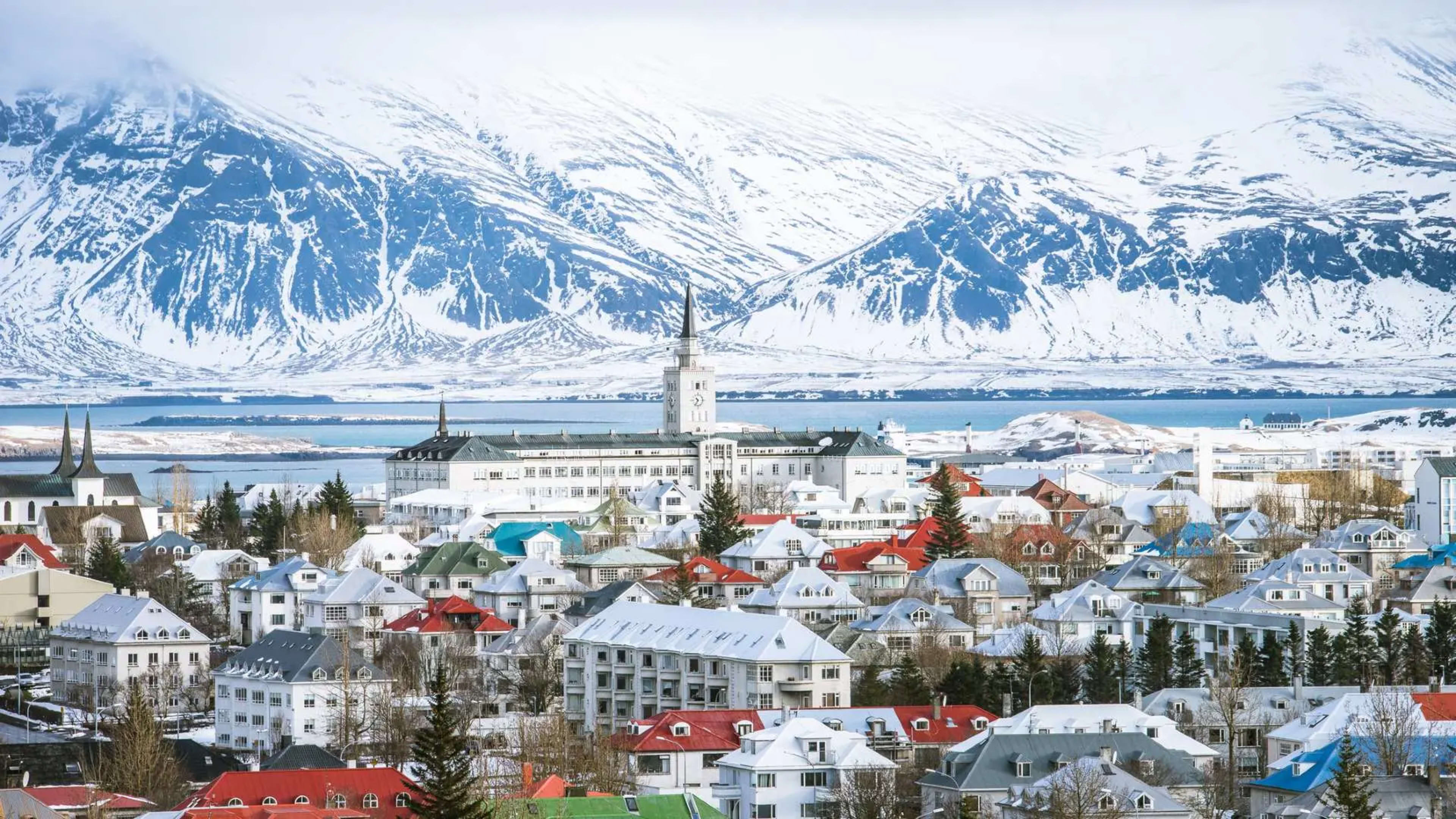
13. Yule Lads: The Icelandic Santa Claus
Icelandic Christmas traditions feature the 13 mischievous Yule Lads, who visit children during the 13 nights before Christmas. Each Lad has a unique personality, leaving small gifts for well-behaved children and playing harmless pranks.
During this time, Icelanders enjoy Christmas Eve and Christmas Day with family gatherings and festive meals.
Experience it: Visit the National Museum of Iceland in Reykjavík to learn more about the Yule Lads and Icelandic Christmas traditions. And hit up the Christmas markets in the city center for a chance to spot one!
- Try to find the Yule Lads on a Christmas tour of Iceland.
- Related: Best museums in Reykjavík.
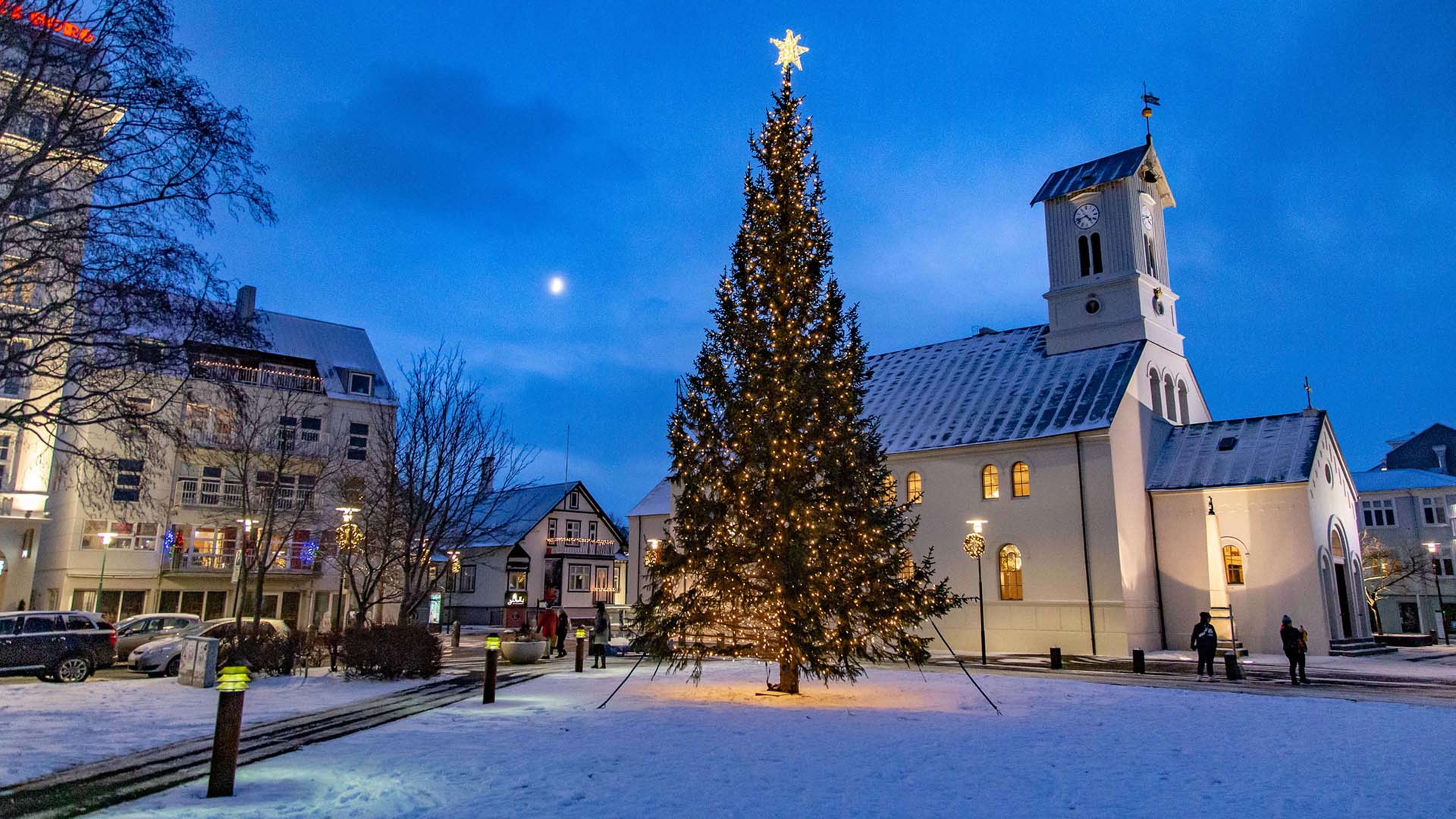
14. Beer Day
Every year, on 1 March, Iceland throws a party to celebrate Beer Day. It marks the end of a 74-year beer ban that lasted until 1989. Can you believe it? For decades, Icelanders couldn’t legally enjoy a cold brew.
But as travel became easier in the 1970s, we tasted beer abroad, and the demand to lift the ban skyrocketed. Thankfully, in 1989, the government finally said cheers to beer again!
Today, Iceland’s beer scene is buzzing. Microbreweries are popping up everywhere, crafting unique brews that range from refreshing summer ales to rich, hearty stouts.
Whether you’re soaking in a beer bath, sipping a frosty pint after a hike, or exploring Reykjavík’s craft beer bars, Iceland has something for every beer lover to enjoy.
Experience it: Celebrate Beer Day by sampling craft beers at Reykjavík’s many breweries and bars.
- Enjoy a local brew with like-minded travelers on a guided group tour.
- Related: The unique history of beer in Iceland.

15. Ice cream is a year-round obsession
Despite the often cold and windy weather, Icelanders have an unwavering love for ice cream. This isn’t just a summer treat – it’s a year-round obsession. No matter the temperature outside, you’ll find locals lining up at ice cream parlors, eagerly waiting for a scoop of their favorite flavors.
Icelandic people celebrate their love for ice cream in lots of ways. You’ll see locals serving delicious ice cream at social gatherings, family outings, or as a cooling treat after visiting a warm geothermal pool.
- Sample delicious ice cream in the sunshine on a summer tour of Iceland.
Explore Icelandic culture with Iceland Tours
Iceland's quirky customs and rich traditions offer a glimpse into a unique way of life. Whether you’re joining a local festival, savoring traditional foods, or exploring stunning landscapes, you’ll experience the vibrant culture that makes Iceland so special.
With Iceland Tours, you have the freedom to customize your adventure and dive deep into these fascinating traditions.
With Reykjavík as your base, you’ll go on multi-day tours to dip into Icelandic culture. Let the experts plan your dream tour of the Land of Fire and Ice.


